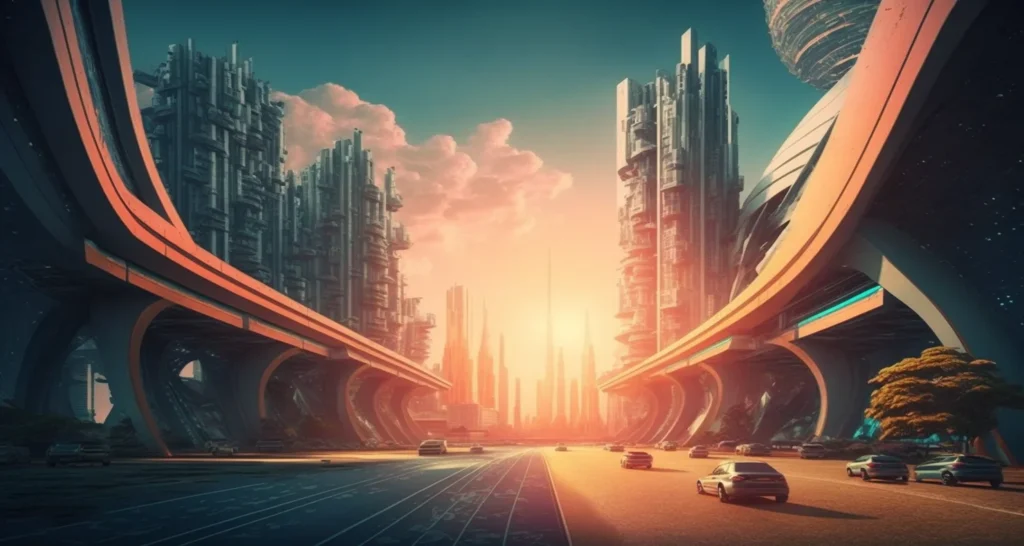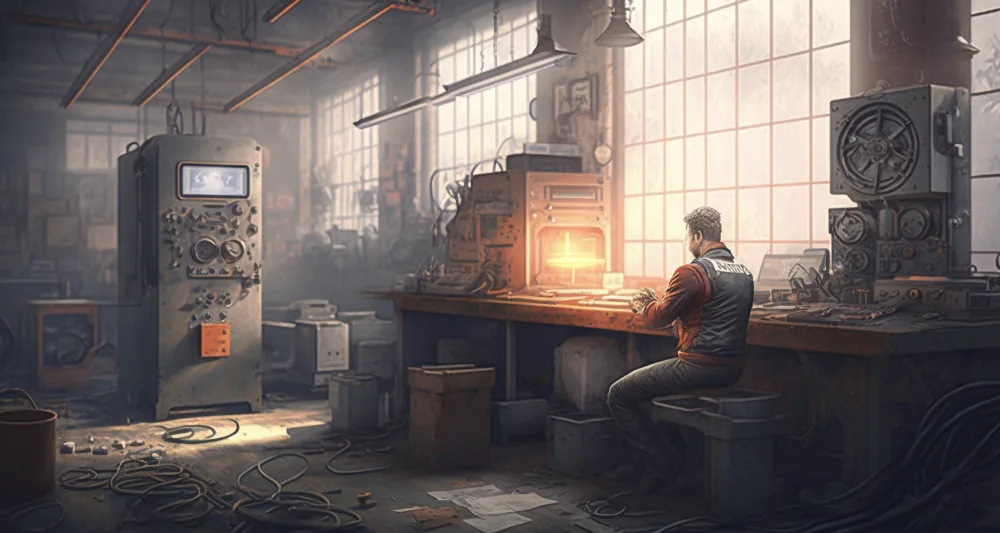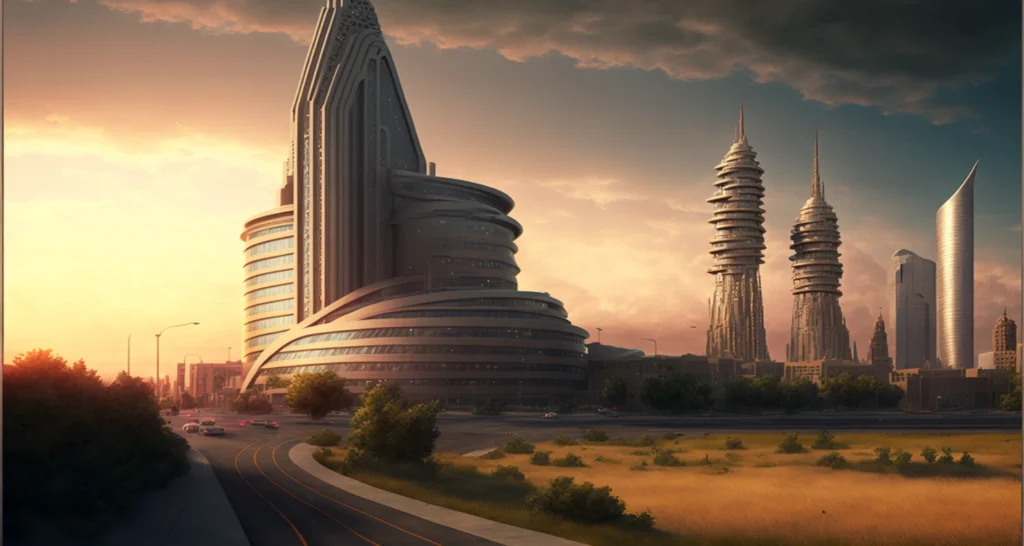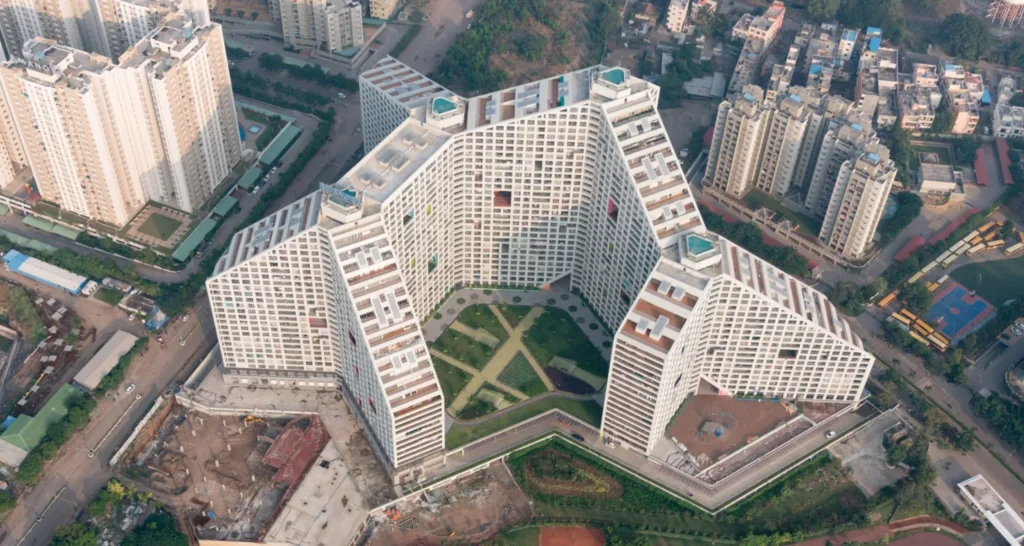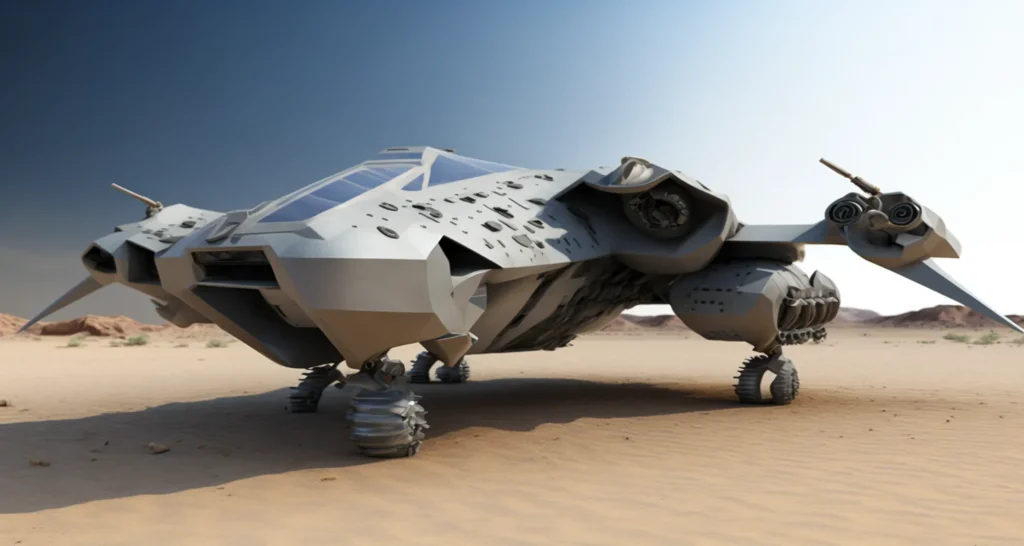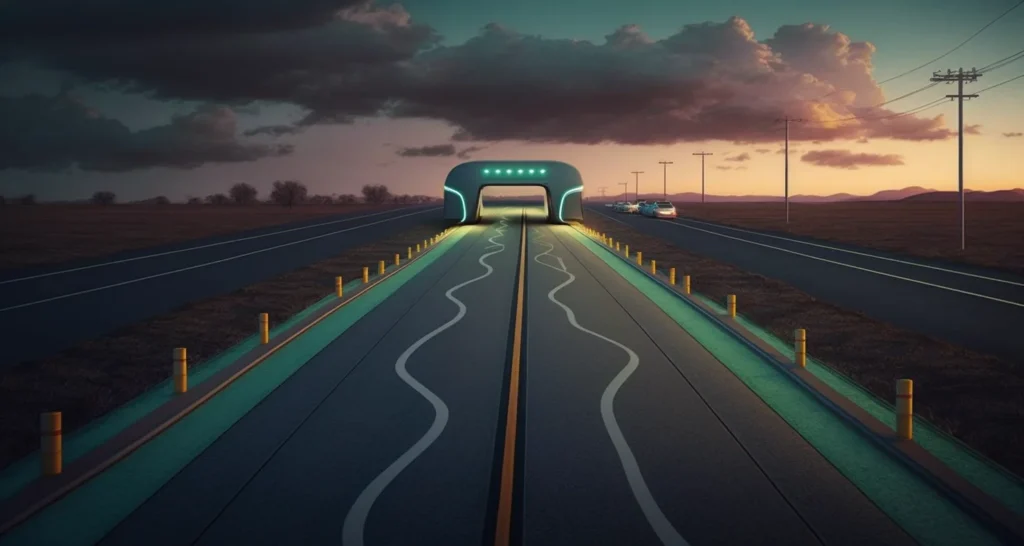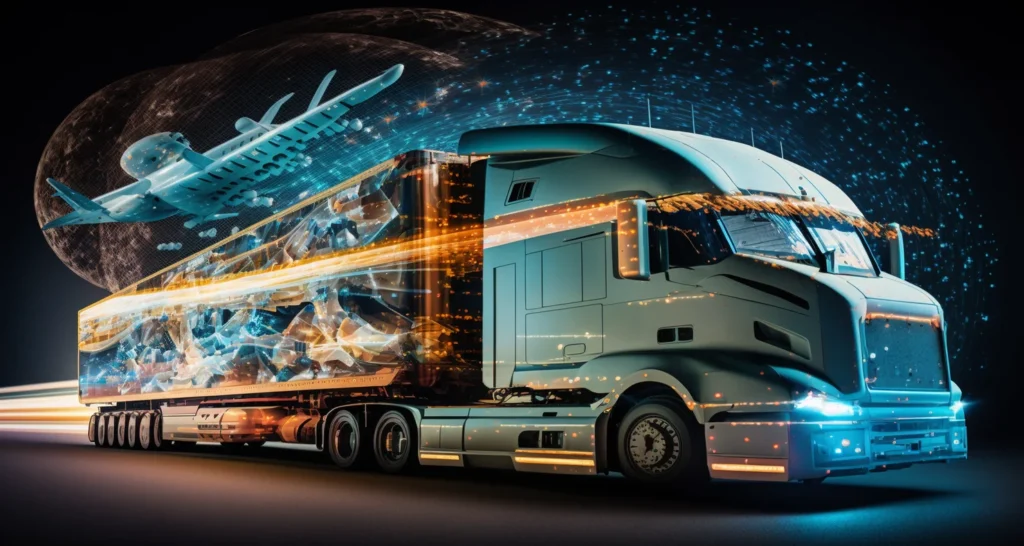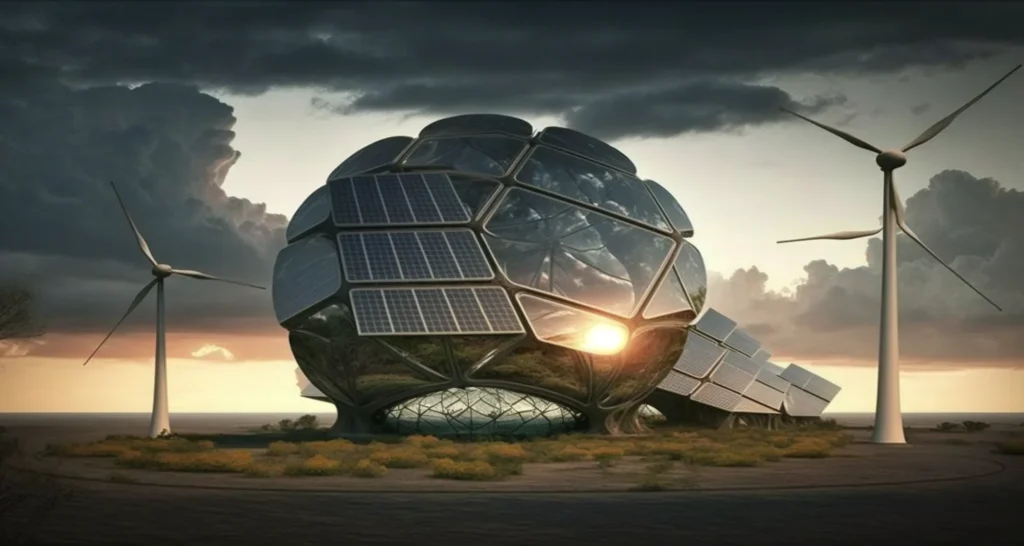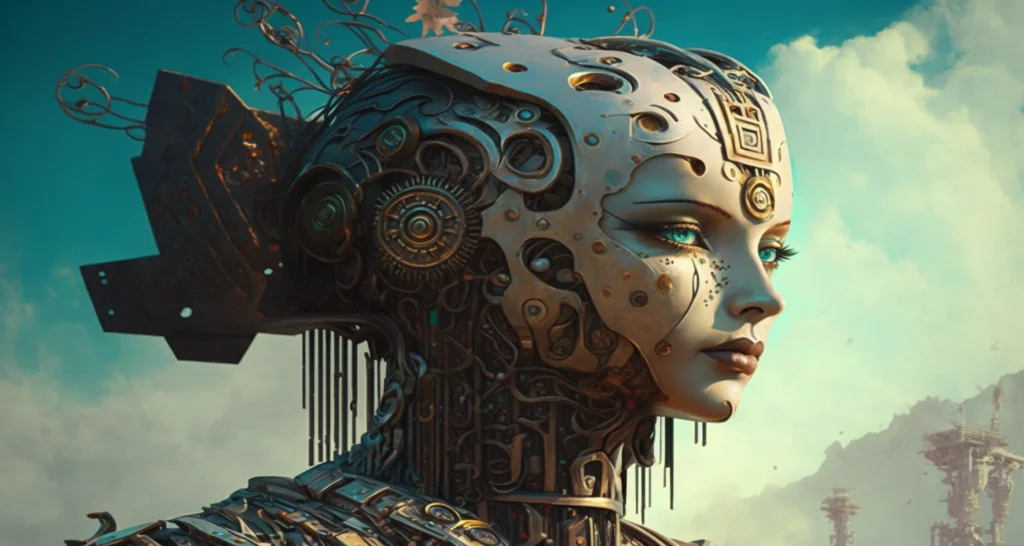After 2020, hundreds of thousands of electric cars will be manufactured in Volkswagen’s German factories. The first will be a model from Zwickau. As a result, the production of the Passat model is to be moved from the Czech Republic to Emden. And the production of popular Transporters to Turkey to Ford.
Herbert Diess, head of the world’s largest automotive group, will defend a business plan for the next decade at a meeting of Volkswagen.
Diess, head of Volkswagen since April this year, according to Handelsblatt reports, will present mainly plans for the big electric bang. Diess joined the car factory just before the outbreak of the Dieselgate affair, which forever changed the car industry and accelerated change. The biggest is the rapid onset of electromobility.
And Volkswagen is forced by its huge promoter. On the outside, Diess pretends that the electrical future is full of positive things, but the German concern is already starting to feel that it will not be that easy. The transition to electromobility and its imposition on customers will entail significant changes and cost huge money (read the analysis here).
Reorganization of the automotive industry and VW factories
The German concern recently introduced its new modular platform exclusively for electric cars. Now, however, he has to reorganize production so that he has cars in the drawer where to produce. The center of gravity is to be in Germany to exploit its plants and avoid conflicts with powerful trade unions.
This also seemed to have led to a change in the initial plans for electric cars to be manufactured in the Volkswagen factory. Already next year, the first mass-produced electric vehicle with the promised range of 500 to 600 kilometers is to leave the factory in Zwickau, East Germany. The refurbishment of the production plant cost 1.2 billion euros. Bloomberg found that the automaker plans to install more than the originally planned one hundred thousand electric cars a year. Frankfurter Allgemeine Zeitung said it could be up to three times as much.
Recently, significant changes have been made to traditional car factories, the loudest about Emden in the northwest of the country. The factory, which employs 9,000 people, has frequent shutdowns as demand for the Passat is declining. According to Handelsblatt, this should also affect damage.
Hannoversche Allgemeine Zeitung even speculates about the very end of the Passat model in 2022. Two hundred fifty-one thousand cars were to be produced in Emden this year, but the current production plan is 229 thousand Passats and Arthons, the factory capacity is 300 thousand cars per year. “Ten years ago, every fifth was a Volkswagen Passat. Today it’s every tenth. Today, the eighth generation is on the market and will not receive a successor,” writes the German daily.
This would mean a colossal cast-out for the entire production of Škoda, which is no longer able to meet demand. Škoda no longer has sufficient capacity in the Czech Republic, and some of its cars are manufactured in other factories of the concern. In 2014, Skoda produced one million vehicles, now it is approximately 1.23 million, and this number is expected to grow significantly in the coming years. Škoda mainly benefits from the demand for new SUVs and wants to enter the electric car industry.
Today, the lack of capacity is significantly hampering the damage. At the beginning of the next decade, according to a statement from the brand’s chief Bernhard Maier in early October, it will only need additional production capacity in Europe alone for some 400,000 cars. This year, Škoda expected to exceed 1.2 million units last year. Škoda wants to produce two million vehicles in the middle of the next decade.
“Škoda Auto is currently running at the very limit of its capacity. The capacity of our plants is 119 percent, which is the highest in the industry. We are interested in our cars, and next year we could sell 200,000 more cars than we can produce,” said Maier. There is also speculation about the construction of a new European factory outside the Czech Republic, and the game is in Eastern European countries, such as Bulgaria. Turkey could also be considered, where the Škoda factory would also manufacture other VW Group models in addition to its cars. A new factory worth billions of euros should not be in the Czech Republic, because there are no more workers in this country.
Skoda cars are currently produced in 15 production plants, three of which are in the Czech Republic (Mladá Boleslav, Kvasiny, Vrchlabí). The company also produces in China, Russia, Slovakia, Algeria, and India, mostly through group partnerships and in Ukraine and Kazakhstan, in cooperation with local partners.
The busiest factory is probably Kvasiny, which is not able to satisfy long-term demand; with the Superb there are also produced two SUV models Skoda Kodiaq and Karoq. In addition, the factory in Rychnovsko leaves twin Karoqu, model Seat Ateca. This is the core of the discord between Skoda and Seat, the Spanish brand in the early stage of production planning ordered in Kvasiny underestimated production volume. The factory is now driving at full speed, and Seat is angry that the production volume of the desired model can not be increased. They must even refuse those interested in Atec because waiting periods are up to one year.
Elektro-Volkswagen
They also plan to switch to an electric drive at a factory in Hanover. Now the popular Multivan / Transporter (T6) vans are being built there. But according to Bloomberg, with the coming generation around 2022, production could move to the Turkish Ford factory. With Volkswagen this summer, he created an alliance with “potential projects in several areas, including the joint development of a number of commercial vehicles.”
Volkswagen is investing 20 billion euros in electromobility, and by 2025 its brands, including Škoda, are to offer 50 purely electric and 30 plug-in hybrids. At the time, he wants to sell two to three million electric cars a year. Another investment of 50 billion euros is to go on the production and development of batteries for cars in the socket. The Volkswagen electric cars are to bear a common ID. The first model is to be a VW Golf-size car manufactured in Zwickau, ID Neo, and the price tag is about 23,000 euros.
Emden is supposed to produce 200,000 Polo-size electric cars under the price of € 20,000 a year and later also a hundred thousand Passat electrical equivalents named ID Aero. In 2022, Hannover is to switch to the production of the ID Buzz electric van, whose design refers to the famous round van of Volkswagen (T1 and T2).
Different sources cannot agree on how the transition to electric car production will affect employment. The Financial Times cites a Goldman Sachs report according to which the electric car has a third fewer parts compared to an internal combustion engine car.
Changes and modifications of the production process would relate in particular to the final assembly of vehicles, where other chassis platforms, cable distribution systems, and heavy batteries would be used. In terms of employment, according to Vaněk, the production of electric vehicles would require more workers in the final assembly. Still, on the other hand, workers would be released from the gearbox because electric cars do not have conventional gearboxes. “The impact on employment would, therefore, be plus or minus neutral.”
Besides, Volkswagen relies on its production experience on modular platforms. The newly developed MEB architecture designed exclusively for plug-in cars is the key to success. As a result, Volkswagen can produce an electric vehicle in less than 13 hours, double that of a conventional car. According to Handelsblatt, this will allow production to remain at a factory with as high a salary as Emden.
The speed and efficiency of production should also be the key to affordable prices for electric cars for end customers. Volkswagen Group brands assume that prices of electric models should be at the level of diesel variants of comparable conventional cars.


